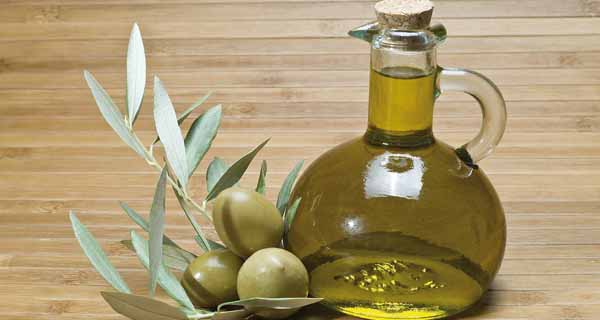
The 2014-2015 oil campaign has once again reconfirmed Italy as the first world producer of packaged olive oil, therefore maintaining its international leadership. The export propensity of the olive sector is an historical fact. Oil firms have been selling 60% of their production abroad for a long time.
According to Assitol (the Association of Italy’s Oil Industry), after months of negative growth in exports, last year the sector closed with a positive result. Especially positive considering the abnormal climate and the attacks of the olive fruit fly which did not help the last campaign.
Now, whereas the signs of economic recovery in the United States, the most important market for our products, and the world economy on a whole and the depreciation of the euro encourage optimism for exportation, one must not, however, forget the lower availability of raw materials due to the fall in production, which led to a rise in prices at the origin and has impacted primarily on the domestic market. Between domestic and foreign markets, in December 2014 the Italian industry handled over 20 thousand tons of olive oil but, for 2015, there are still many unclear points. Beginning with the Italian system, which according to the operators does not do enough to promote the oil industry.
“To boost our products – explains Giovanni Zucchi, president of Assitol – we must first give due recognition to the Italian ‘know-how’, which goes for all of our products, not only for the extra virgin oil or for the 100% Italian products. With this in mind, our association has long been encouraging a rethink of the product categories, along the entire supply chain”.
In the meantime, foreign competition is getting stronger, not only from Mediterranean countries, such as Spain, Greece and Tunisia, but Australia and the United States are determined to gain market share. “Our country – Zucchi says – also suffers from a backward export rationale, which is losing us competitiveness worldwide, while companies of competing countries can count on far more convinced institutional support. Just think of the campaigns to enhance the entire national sector, to less bureaucracy related to the importation and exportation of oil and the services for obtaining the necessary certifications in countries like Spain and France”.
In addition, there would be a great deal to do in terms of ‘non-tariff barriers’, for example, the problems related to the use of pesticides, permitted by in Italy but prohibited in countries like the United States, Brazil and China, which prevent our products in some of the most interesting markets. “For these reasons – Zucchi points out -the Ttip (Transatlantic trade and investment partnership), although still under negotiation, could be a good time to review some outdated rules and defend the authentic interests of our export”.
